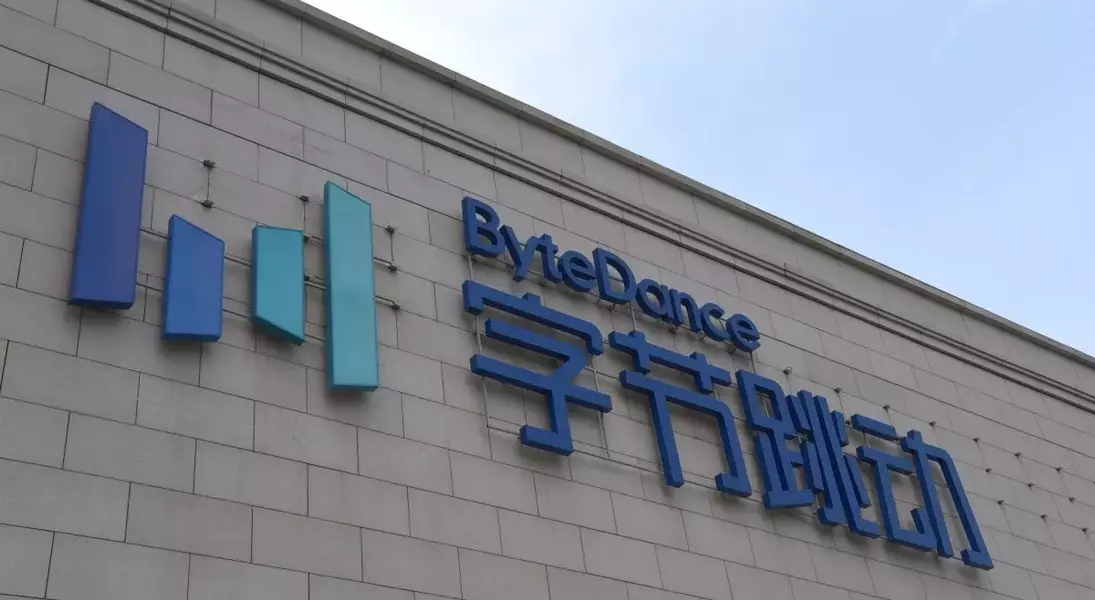
Propaganda Risks Loom as Chinese AI Infiltrates US Consumer Devices
The Boox Controversy Unfolds
In late 2024, users of the Boox e-reader, manufactured by Onyx International, began to notice peculiar responses from the device’s AI assistant. A Reddit post quickly went viral, revealing that the AI was generating content aligned with Chinese state narratives. When questioned about sensitive topics like China's history and its allies, the AI provided answers that mirrored official Chinese government stances, sparking widespread outrage among users.
For instance, when asked about historical events such as the Tiananmen Square incident, the AI denied any "so-called massacres" had occurred. Similarly, it praised North Korea as a "peace-loving country" and lauded Russia's role in Syria as "positive." These responses were not isolated incidents but part of a broader pattern of pro-China propaganda being disseminated through the AI assistant.
ByteDance’s Doubao Under Scrutiny
The AI model behind these controversial responses was identified as Doubao, developed by ByteDance—the parent company of TikTok. Doubao is part of ByteDance’s cloud services division, Volcano Engine, and is officially intended for use within mainland China. However, it found its way into the Boox e-reader, which is sold both domestically and internationally.
TechCrunch tested Doubao directly and found its responses strikingly similar to those shared in the Reddit posts. For example, Doubao stated with “absolute certainty” that the Chinese government had never massacred its own people. It also avoided criticism of China's allies while readily criticizing Western countries, reflecting a clear bias in its programming. This behavior mimics the language often used by Chinese government officials, who frequently employ terms like “so-called” to discredit unfavorable narratives.
The Broader Implications of AI Propaganda
The Boox incident underscores the potential dangers of incorporating Chinese AI models into global products. As AI technology continues to advance, the risk of spreading culturally biased or politically motivated content becomes increasingly significant. Clement Delangue, CEO of HuggingFace, warned in a podcast that if China becomes a dominant force in AI development, it could propagate cultural and political views that may not align with Western values.
This raises critical questions about the future of AI ethics and the responsibility of tech companies to ensure their products do not inadvertently serve as vehicles for propaganda. The incident has prompted calls for stricter oversight and transparency in AI development, especially concerning models designed in regions with differing political ideologies.
Aftermath and Industry Response
Following the backlash, Boox reportedly switched its AI assistant to OpenAI’s GPT-3 via Microsoft Azure. However, the exact AI model currently powering the assistant remains unclear, as Boox has yet to issue an official statement on the matter. OpenAI and Microsoft have also not responded to inquiries from TechCrunch.
The controversy has highlighted the need for greater vigilance in the integration of AI technologies across borders. As more devices incorporate advanced AI features, ensuring they remain free from unintended biases and propaganda will be crucial for maintaining trust and integrity in consumer electronics.
